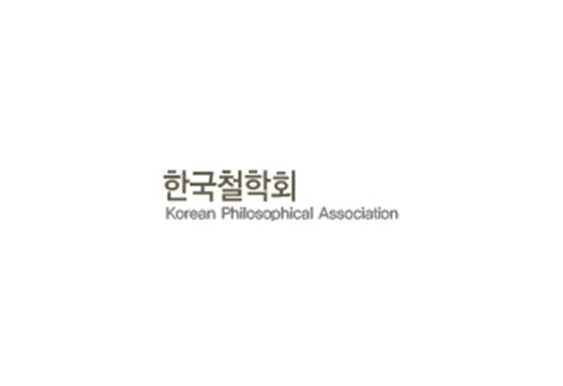이제마 사상철학(四象哲學)의 ‘마음의 생태학’
‘The Ecology of Mind’ in Lee Je-ma’s Sasang Philosophy (四象哲學)
본 연구는 이제마 사상철학의 ‘마음의 생태학’ 개념을 통해 인간 정신의 본질에 대한 현대적 대안을 모색한다. 마음은 단순히 신경생물학적 현상으로 축소될 수 없다. 마음은 인간과 환경, 사회적 맥락이 상호작용하여 창발적으로 형성되는 복합적 실재로 이해해야 한다. 이를 설명하기 위해 바렐라의 ‘체화된 마음 이론’과 프리고진의 ‘무산구조 이론’을 활용하여, 마음의 생태학적 상호작용과 자기조직화 원리를 분석했다.
이제마는 태극에서 시작해 사상으로 전개되는 체계적 구조를 통해 마음이 몸과 환경, 사회적 세계와 상호작용하며 끊임없이 진화하는 존재임을 보여준다. 인간의 마음은 음양적 대립과 요동을 통해 자기조직화하며, 도덕적 가치와 초월적 지향성을 가진 진화적 과정을 따른다. 본 연구는 마음이 단순한 인지 기능을 넘어 자기성찰, 가치 지향, 초월적 목적을 포함하는 발전적 과정을 통해 완성된다고 주장한다.
이러한 관점은 현대 기술문명이 야기하는 인간 정신의 고유성 해체 문제에 철학적 대안을 제시한다. 나아가 생태학적 시각에서 인간다움의 새로운 가능성을 탐구하는 데 기여할 것이다.
This research explores the ‘ecology of mind’ within Lee Je-ma’s Sasang Philosophy, seeking a contemporary alternative understanding of human consciousness. The study posits that mind cannot be reduced merely to neurobiological phenomena, but rather must be understood as a complex reality emerging through dynamic interactions between humans, their environment, and social contexts. To elucidate this, the study draws on Varela’s theory of the embodied mind and Prigogine’s theory of dissipative structures, analyzing the ecological interplay of the mind and its self-organizing principles.
Lee Je-ma presents a systematic structure evolving from the Supreme Ultimate(太極) to the Four Constitutional Types (四象), demonstrating how mind continuously evolves through interactions with body, environment, and social world. The human mind self-organizes through yin-yang oppositions and fluctuations, revealing an evolutionary process imbued with moral values and transcendent directionality. This research argues that mind achieves completion through a developmental process that encompasses not just cognitive functions, but also self-reflection, value orientation, and transcendent purposes.
This perspective offers a philosophical alternative to the modern technological civilization’s challenge of deconstructing human mental uniqueness, contributing to the exploration of new possibilities for human authenticity from an ecological perspective. The study illuminates how ancient Eastern wisdom can engage meaningfully with contemporary questions about consciousness and human nature. Furthermore, from an ecological standpoint, it will contribute to exploring new possibilities for what it means to be human.
한국철학회, 성균관대학교 정순종

